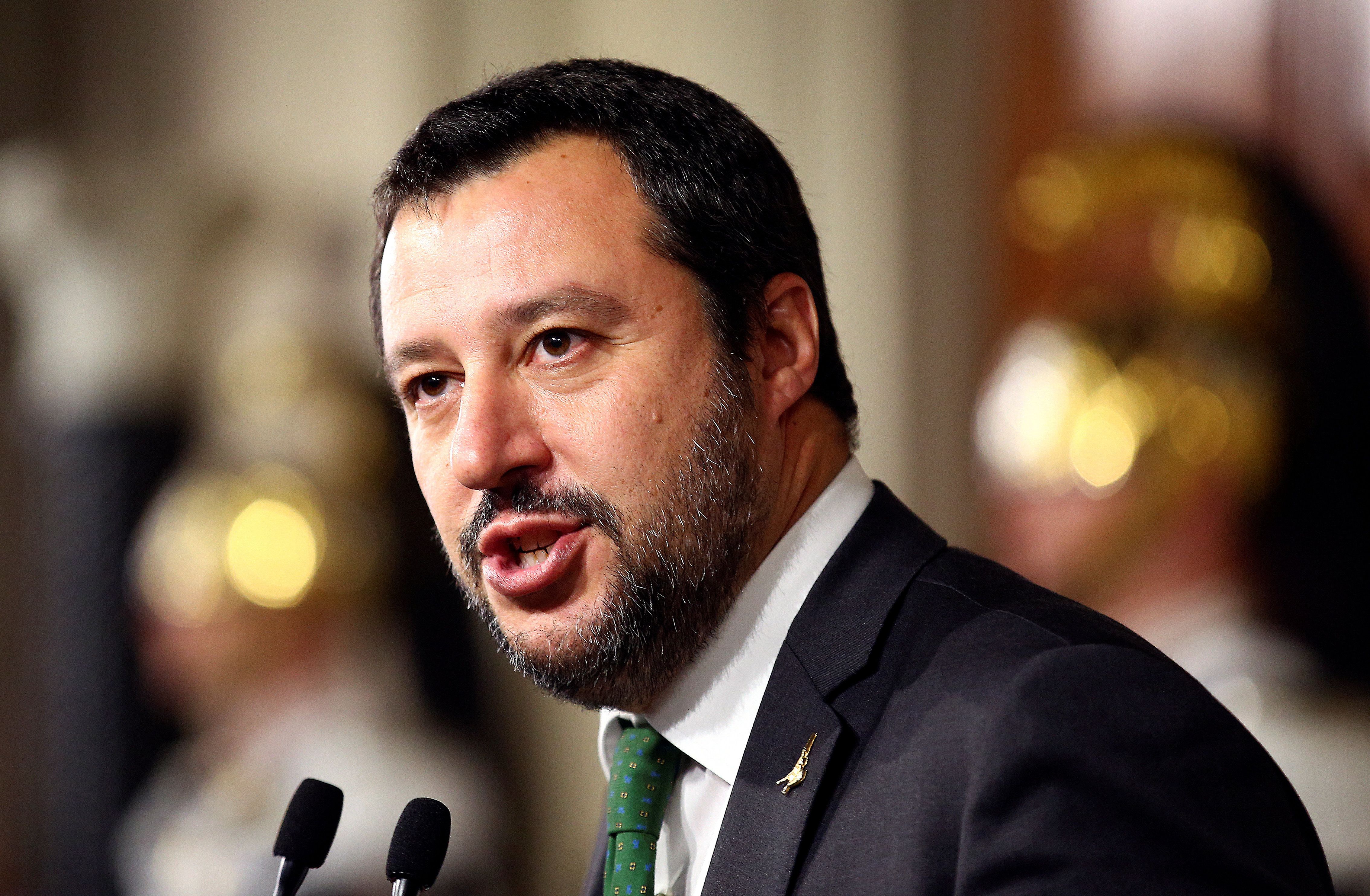October 10, 2018
Italy and the EU are on a collision course. After unexpectedly sweeping to power in elections earlier this year, Rome’s populist-led coalition government has committed to drastically increase government spending next year, in part to deliver on outsized promises made during the campaign.
A budget proposal making its way through Italy’s parliament would see the country’s deficit balloon to 2.4 percent of GDP, three times the previous government’s projection. But with a debt load over 130 percent of GDP, more than twice the limit proscribed by EU rules, Rome can hardly afford to be loosening the purse strings.
Next week the government will officially submit its proposal to the European Commission, which is responsible for certifying EU members’ compliance with collective spending commitments. Brussels has already begun to sound the alarm bells, and the European Commission may well take the unprecedented step of sending the budget back to Rome for reconsideration.
Such a step would set up a big and protracted fight between the EU and the bloc’s fourth-largest economy. Italy’s caustic far-right deputy prime minister, Matteo Salvini (pictured above), is gearing for a fight. On Monday, Salvini delivered a biting speech in which he called the EU’s top officials “enemies of Europe” and promised not to back down.
For Brussels, there are no good options—a decision to push back forcefully risks further inflaming populist sentiment in Italy, while a failure to react could spark a backlash in Europe’s wealthier northern countries, which view Rome as a perennial mooch. The inevitable collision will further deepen Europe’s political divides at a moment when it already has its hands full with Brexit andgrowing illiberalism on its Eastern flank.
More For You
Walmart’s $350 billion commitment to American manufacturing means two-thirds of the products we buy come straight from our backyard to yours. From New Jersey hot sauce to grills made in Tennessee, Walmart is stocking the shelves with products rooted in local communities. The impact? Over 750,000 American jobs - putting more people to work and keeping communities strong. Learn more here.
Most Popular
The Gen Z group led by Miraj Dhungana escalates their ongoing demonstrations, confronting police outside the prime minister's official residence in Kathmandu, Nepal, on Nov. 26, 2025.
Sanjit Pariyar/NurPhoto
Youth unemployment is making headlines from China to Canada, with many countries’ rates at historic highs. The fallout is fueling Gen Z discontent, creating migration pressures, and threatening social unrest in nations around the globe.
People stay at a school, which is functioned as the temporary shelter at flooded area, on November 30, 2025 in Sumatra, Sumatra. The authorities in Indonesia were searching on Sunday for hundreds of people they said were missing after days of unusually heavy rains across Southeast Asia that have killed hundreds and displaced millions.
Photo by Li Zhiquan/China News Service/VCG
800: The death toll from the tropical storm that battered parts of Southeast Asia is now close to 800.
© 2025 GZERO Media. All Rights Reserved | A Eurasia Group media company.
